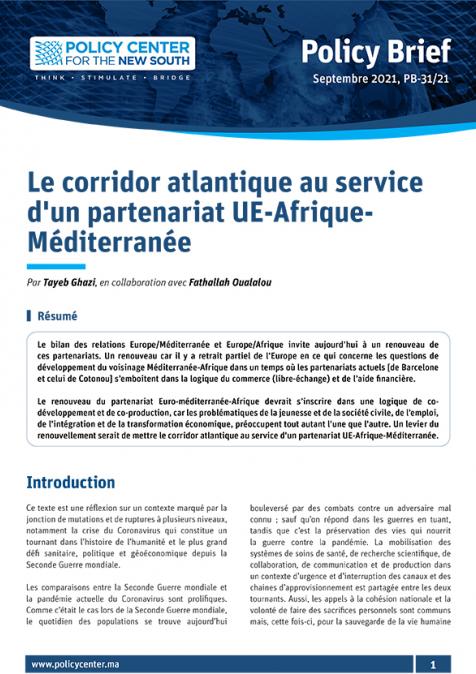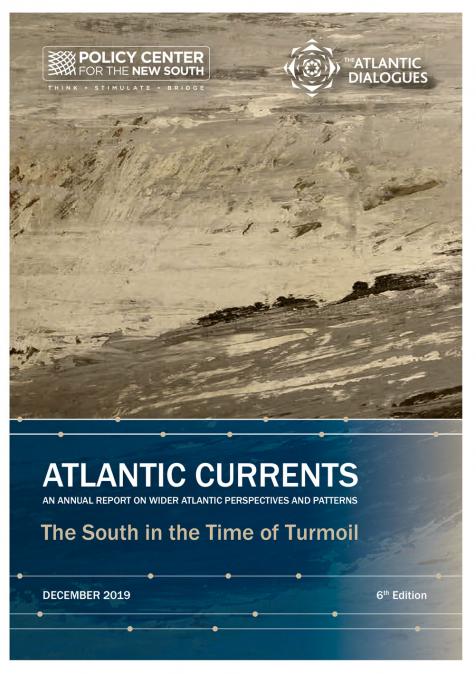Inflation is back on the agenda. The rise of inflation occurred in the aftermath of the global activity rebound out of the COVID-19 when global value chains were severely disrupted and have been contending to recover since then. The Russia-Ukraine conflict added new strains over the global economy, raising energy and food prices. Inflation brings more uncertainty in the operation of an economy and introduces new transaction costs for economic agents, constrained to hedge against it. A more granular assessment indicates that vulnerable households were severely affected on two fronts. Their real disposable income shrunk while at the same time their savings slushed considerably, as their holdings are not generally inflation-immune. Besides, the aggressive reaction it generated from macroeconomic policy makers and its implications worldwide, this inflation trend could be the catalyst of ongoing transformations. It could strengthen even further the hand of those preaching globalization and advocating for self-reliance behaviors. In addition, inflation can also lead to questioning the balance of power between workers and capital holders, heralding a new era in labor markets negotiations.
- Are we heading toward a new inflation age?
- What are the drivers of today’s inflation and how similar/different is it from the 1970s?
- How can domestic policies cope with this issue? Can a collective international response prove to be effective?
- Beyond classic implications, can this inflation trend trigger more profound transformation of the worldwide economic system?






